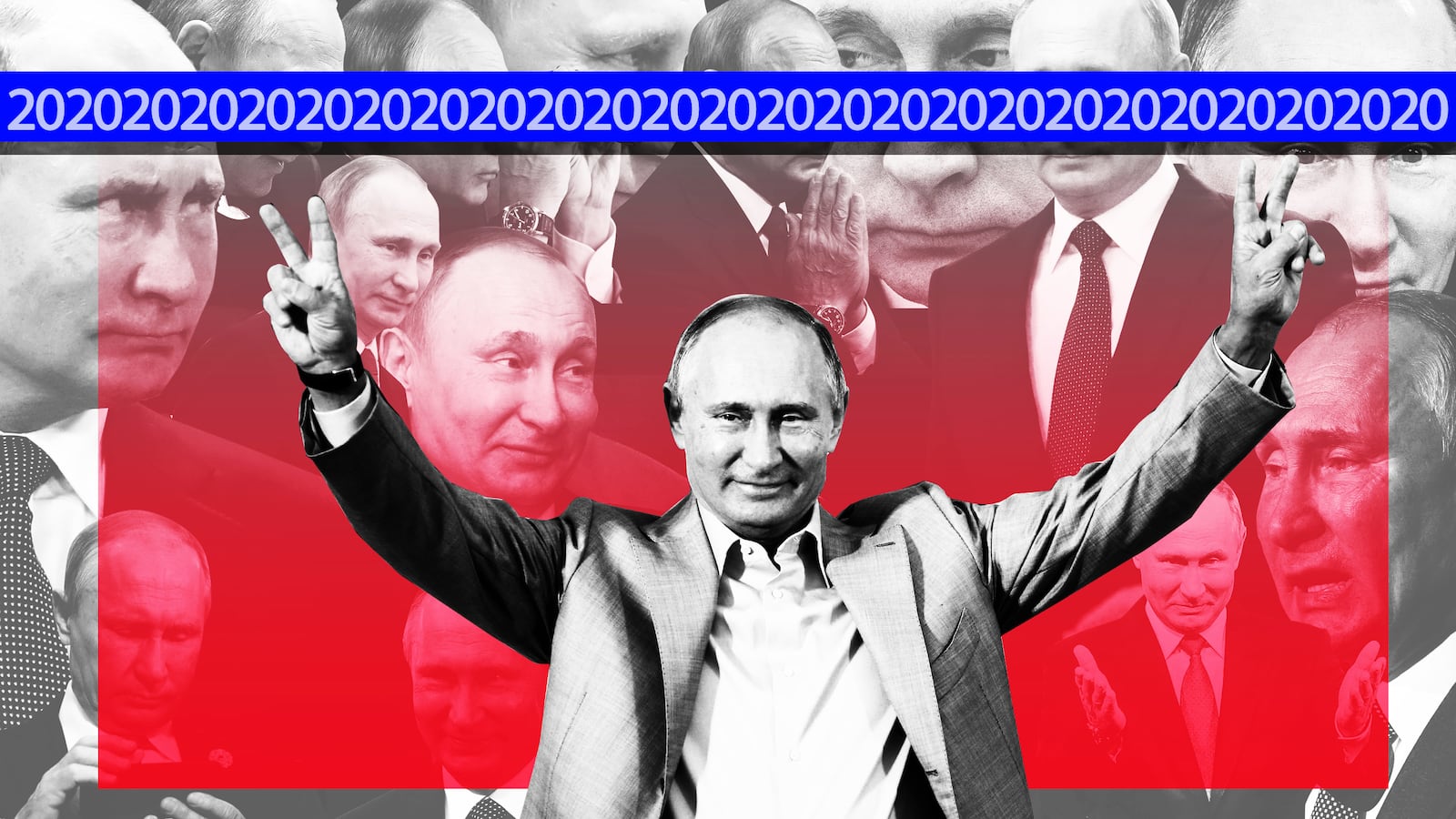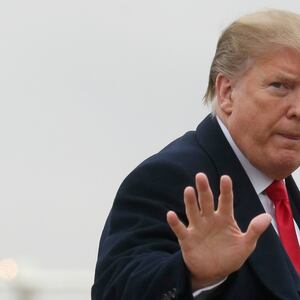Just last week, Italian investigative reporters revealed that the Kremlin is providing $3 million to support the European election campaign of Italy’s Deputy Prime Minister Matteo Salvini’s far-right party. Similarly, right before the 2018 U.S. midterms, federal prosecutors exposed a multi-million dollar Russian digital campaign to influence the election.
Two critical elections, two cases of Russia seeking to influence the outcome.
The sad reality of our politics is that foreign interference in the 2020 election cycle is almost guaranteed. America’s non-response to Russia’s political assault has shown Russia and other adversaries that with Donald Trump at the helm, there is no cost to messing in America’s democratic process. To make matters worse, the person in charge of protecting America actually has a vested interest in ignoring the problem. Most recently, the Trump administration gutted key government programs designed to protect elections, essentially laying out the welcome mat for Russia to intervene in 2020.
The Russians also have every reason to try to repeat the playbook that proved so successful in 2016. The Trump administration has been a boon to Russia interests and once again their preferred candidate looks set to be on the ballot. Meanwhile, Democrats across the spectrum are pledging not only to hold Russia accountable but to tackle foreign corruption and money laundering through which the Russian oligarch class thrives.
The Russians will have three overlapping objectives in the 2020 election. First, to put Trump in the best position possible to win reelection. Second, to divide and inflame tension within the Democratic Party in order to both make it difficult for Democrats to unify against Trump and to sow discord within American politics. Third, to promote those advocating a foreign policy that advances Russian interests.
The basic Russian playbook remains potent. This includes deploying a massive digital disinformation campaign, hacking and releasing stolen information, amplifying divisive political voices, and, in some cases, even reportedly providing financing to its preferred campaigns. Fortunately, unlike in 2016 where we as a society were dismissive of the possibilities of foreign election interference, America today is much more aware.
This makes Russia’s job more difficult and makes it easier for candidates to hit back.
There are now concrete steps that Democrats can take.
First, Democrats should all sign a pact not to utilize stolen materials. The Democratic candidates have already done this in one form or another, but they should formalize it and follow the pledge both during the primary and during the general election—even if their opponents, including the Trump campaign, fail to do so. Demonstrating strong resolve against foreign interference also sends a clear message to both foreign adversaries and the American public about which candidate and party is willing to put country over cheap political gains.
Second, campaigns should aggressively highlight suspected interference. In 2016 the Clinton campaign struggled to convince a skeptical press corps that Russian interference was real. The press is no longer skeptical. Candidates should be aggressive in calling out suspicious online activity and should look to make the public, their supporters, the party, and the social media platforms aware of it. Already, there are racially charged attacks on Sen. Kamala Harris and false narratives about Sen. Elizabeth Warren. It will be impossible to counter every malicious tweet or meme, but candidates and the Democratic National Committee should forcefully respond to disinformation by not only correcting the record but by pressuring social media platforms to remove false information quickly.
Third, Democrats need to be cognizant that there is a foreign actor looking to inflame tensions within the party. Democratic candidates shouldn’t hold back in engaging in a vigorous primary. But candidates should try to keep things civil, accept honest results, and call out their own supporters if they cross a line. This also means that the DNC needs to do its utmost to oversee a process that is fair and transparent and is not seen as favoring one candidate over another.
Fourth, campaigns must be vigilant and should do their due diligence. They need to be on guard against foreign efforts to infiltrate or entrap them. They should vigorously vet any suspicious campaign donations and provide clear guidelines to staff for accepting meetings. Trump and his defenders have been desperate to play the “what about” card, such as claiming Clinton had Russia links during the campaign. What better way for Russia to help Trump then by entrapping his opponents by providing illegal campaign donations or by suggesting meetings under a false pretense.
Fifth, campaigns need to take cybersecurity very seriously. Campaigns need to heighten technical security at every stage of the political process. In addition to the technical side, campaigns should also set a culture of security where staff are frequently reminded of the constant threat and best practices. For example, they should be using encrypted communications technologies for sensitive material, and reserving the most sensitive items for in-person conversations. The 2017 presidential campaign of Emmanuel Macron in France can be instructive; they were alerted early on that they were likely targets and the team understood that they were likely being watched and behaved accordingly, including instituting a compartmentalized communications protocol.
Sixth, campaigns should have a plan in the event that they get hacked. Again, the Macron campaign provides a model. They seeded their files with fake documents and communications just in case they were successfully breached. The inability for the press to determine what was real or fake caused the press to hesitate before running stories on the stolen materials.
The lack of a response from the Trump administration to Russia’s continued political assault on America has sadly made foreign interference a reality of current domestic politics. This is not a situation the country should tolerate.
But to take action to stop future foreign interference, requires removing the current president from office. Unfortunately, to do so, Democratic candidates will have to successfully navigate a primary and general election where they will be the targets of foreign interference. This is not a problem Democratic candidates can ignore. They must act now—both individually and collectively—to protect themselves and the country.
Max Bergmann is Director of the Moscow Project and a Senior Fellow at the Center for American Progress. He served in the State Department from 2011-2017. James Lamond is the Managing Director of the Moscow Project and a Senior Policy Adviser at the Center for American Progress.









